Think Different: How to change student's perception through Creativity and Critical Thinking11/29/2023 In our aim of preparing students for real world challenges and providing them with modern required skills, we usually forget that as teachers and adult figures, we must allow them to express their imagination and creativity to make them reach their full potential. The new edition of the course “Creativity for the future: promoting Critical Thinking and Problem-Solving in the classroom” took place in the city of Bologna from 06/11/2023 to 10/11/2023. The participants involved in this project came from all across Europe, with three participants coming from Norway: Anne Johnsrud and Ellen-Mari B. Tuvsjøen from Hønefoss videregående skole and Roza Budak from Holmestrand kommunale voksenopplæring; two participants coming from two different Hungarian schools: Péter Domján from Kőrösi Csoma Sándor Két Tanítási Nyelvű Baptista Gimnázium and Bernadett Fogarasi-Siket coming from Újpesti Karinthy Frigyes Magyar-Angol Két Tanítási Nyelvű Általános Iskola; Blaženka Heric and Grozdana Žagar from Kindergarten Dječja mašta in Croatia and Kristina Nord from Hjalmar Strömerskolan, Sweden. Participants based their lessons on focusing on the 4 Cs: critical thinking, creativity, communication, and collaboration; centring their attention on competences useful to live in the 21st century, such as learning and innovation skills, digital skills and also career and life skills. What is important is that participants were not only provided with theoretical knowledge, since they learned, by facing a series of challenges themselves, how differently our brain and solving skills operate when there is a problem to face. Participants were firstly encouraged to reflect on how common it has become to simply follow the rules and think inside the box, and then, through simple but effective strategies, were taught how to overcome these barriers. Very helpful is the parallel thinking method, in which participants had to play a specific role in finding a solution to a problem, putting into practice “lateral thinking”. This exercise, as many others used during the course, can be used for every subject, but also as a tool to encourage students thinking outside the box.
As far as visual strategies are concerned, participants experienced firsthand new activities which they could use to stimulate students’ creative expression and critical thinking in a world where most of the time they are taught passively and are exposed to loads of (dis)information. Participants engaged in reasoning, questioning and debating activities that could be adapted to different classroom situations to help students become active and aware agents of their own learning. The course had no intention of moving away from the traditional methods, since innovation doesn’t only come from the use of new techniques, but also from reframing traditional tools. Our participants enjoyed playing traditional games, but they were also able to experience group activities, which will be useful and adaptable for their subjects while building a stronger learning perspective on them. Finishing the course, everyone had a chance to create a personalized display of their training and cultural journey in Bologna and, from morning wrap-ups to many cultural activities, we said goodbye to a week full of laughter, creativity and new experiences! Discover more about the course here. To engage students, it’s a complex challenge: using innovative methods can be a significant resource to motivate them and to enhance their learning. Thanks to different kind of studies and research, today there are many tools available that can be used in the school environment: project-based learning, non-formal education, outdoor education, and ICT are some of the many opportunities that can be integrated with traditional teaching methods. The new edition of the course “Innovative teaching methods for teachers, school and adult education staff” took place in Bologna from 29/10/2023 to 04/11/2023. The participants came from all across Europe, with Liliana Serban from I.Al. Bratescu-Voinesti in Romania, Kornélia Szabó-Zentai Szegedi Madách Imre Magyar-Angol Két Tanítási Nyelvű Általános Iskola in Hungary, Johanna Hagenmeyer from HAK Perg in Austria, Bilyana Valeva, Maria Semerdzhiyan, Antoniya Hristova, Yana Paskaleva from Ekzarh Antim I in Bulgaria, Ivana Hazulin from Pospiš Museum Radboa in Croatia, Petya Nedelkova from Private Secondary School "Educational Technologies" in Bulgaria, Rut Thorlacius Guðnadóttir and Katrín Jónsdóttir from Verzlunarskóli Íslands – The Commercial College of Iceland in Iceland, Pelin Doğan from Gebze Technical University in Turkey. Innovative teaching methods using ICT offer exciting possibilities for educators. By practicing various digital tools in the classroom, teachers discover fresh ways to engage students, assess their progress, and present lessons. This course equips participants with the skills to infuse innovation into their teaching practices. Non-Formal Education introduces engaging activities and teambuilding games to foster experiential learning. It enables students to move from reflection to conceptualization and application, actively participating in the learning process. These activities emphasize hands-on learning and collaboration. Project-Based Learning takes a unique approach by immersing students in real-world issues, starting with a central question. It encourages teamwork, creative problem-solving, and strategic learning, allowing students to discover answers from the very beginning. The power of Outdoor Education is unveiled with the help of ICT tools, turning learning into an adventure. Teachers explore the benefits of outdoor learning, which includes increased motivation, creativity, and improved well-being by connecting with nature and reducing stress. The cohort of this course consisted of teachers from diverse educational fields, various educational systems, and different backgrounds. This diversity among the participants enriched the learning experience as they were able to draw upon their unique perspectives and expertise. Sharing from their own experience, this created a conducive environment for healthy and constructive dialogue, which greatly contributed to the effective dissemination of the course material. As a result, the final outcome of the course was greatly enhanced by the collective knowledge and insights of the participants. Discover more about this course here. Engaging with the natural environment has a significant positive effect on the cognitive, behavioural, and emotional growth of individuals since ancient times. Even in the present day, it is not uncommon to experience inspiration and awe while strolling through natural surroundings or appreciating a natural or urban landscape. Outdoor learning is a forward-thinking educational method that provides an opportunity to tackle two crucial issues in contemporary society: delivering enduring, high-quality education and promoting awareness about the critical need to safeguard our planet in light of the formidable challenge of climate change. The new edition of the course “Outdoor education: a new way of teaching and learning” took place in Bologna from 19/11/2023 - 25/11/2023. The participants came from all across Europe, with Nada Dominis, Antonija Goja, Katarina Morović, Ana Krvavac and Elizabeta Demo from OŠ " PetarLorini" Sali (Croatia); Pauliina Häkkinen from Omnia (Finland); Nikolaos Paradeisis and Konstantinos Papadopoulos from GENIKO LYKEIO AGROU KERKYRAS (Greece) and Alexandra Eleni Soulani and Evangelos Rikos from Dimotiko Scholeio Temenis (Greece). Starting from the definition of Outdoor Education, we delved into the various methods through which we can steer our students towards engaging with the outdoors. It's essential to note that this doesn't always mean being surrounded by nature and forests. In fact, a segment of the training was exclusively dedicated to Urban Outdoor Education within the city. Participants were instructed on how to teach different subjects by experimenting with activities that directed their focus to the urban surroundings. Another section of the course concentrated on applying various tools in a natural setting, specifically in local parks. The games and activities experimented with were highly valued, providing inspiration to participants not only for sharing their activities with the group but also for creating their own outdoor activities. The course trainer also shared Kurt Hahn's 10 principles with the participants. The group then embarked on a treasure hunt around the hotel in order to find the principles, turning the learning experience into an enjoyable activity. As they followed clues and worked together, the participants experienced an adventure that not only brought a sense of fun but also encouraged positive competition among them. This week served as a vivid example of the effectiveness of experiential outdoor learning. Through a hands-on approach, participants gained a genuine understanding of what an outdoor education activity entails and acquired the knowledge required to plan similar experiences for their students. Throughout the course, participants explored a diverse array of activities and games that they can now replicate with their students, underscoring the idea that learning extends beyond the confines of a traditional classroom. Discover more about this course here. In the realm of education, the traditional role of a teacher involves imparting knowledge and nurturing skill development among students. Conversely, a coach's function revolves around guiding, motivating, and challenging pupils through active listening and incisive questioning. What if these distinct roles could merge, empowering educators to not just teach, but also inspire and motivate? This concept was fundamental during the new edition of the course “Coaching skills for teachers, school and adult education staff” that took place in Bologna from 05/11/2023 to 11/11/2023. The participants came from all across Europe, with Ursula from Museum of Brodsko Posavlje in Croatia, Levee, Marika and Kritty from Pärnu Raeküla Kool in Estonia, Siobhan and Karen from Cork ETB in Ireland, Ioanna from Ιδιωτική Ελληνική Σχολή ΠΑΣΚΑΛ Λευκωσίας in Cyprus, Git, Ale, Vildana and Minja from Komvux Lund in Sweden, and Tine and Bjorg from Røyken videregående skole in Norway, which allowed them to exchange their experience and best practices. The course started with the exploration of Emotional Intelligence topic. This critical trait involves not just recognizing one's emotions but also empathetically understanding the feelings of others. An emotionally intelligent teacher can establish profound connections with students, aiding in their emotional management and fostering a supportive learning environment. Central to coaching is the process of inspiring others to become their optimal selves. Essential to this process is the skill of setting SMART goals—specific, measurable, achievable, realistic, and time-bound. Participants were tasked with formulating such goals for themselves, creating a roadmap to personal and professional growth. Another coaching skill that is essential inside every workplace, including a classroom, is the ability to manage conflict. Here, self-awareness and emotional regulation play pivotal roles in preventing conflicts from escalating. One of the main insights discussed was that conflicts do not have to be necessarily negative, on the contrary, they can also lead to growth and positive outcomes. Coaches, in this context, guide students towards dialogue, aiding them in finding solutions without imposing answers, instead facilitating thoughtful analysis, decision-making, and behavioral evaluation. The course also underscored the potency of questioning as a catalyst for deep thinking, self-reflection, and constructive responses. This is why during the course the participants explored the concept of formulating learning-focused questions by starting with an invitation to engage, proposing a content to think about and underlining a cognitive focus for thinking and elaborating. This training week allowed the participants to share their common experiences and to learn from their different cultural backgrounds, while also improving their coaching skills and learning how to apply them in their classrooms. It served as a transformative journey, equipping educators to effectively integrate coaching methodologies, fostering enriched learning environments. Discover more about this course here. It is not always easy to keep the classroom motivated, engaged and enthusiast when it comes to teaching. This is when ICT tools such as apps and web platforms become essential in helping teachers to communicate and transfer knowledge while also maintaining their students’ full attention. Nowadays it is fundamental to know our way around interactive learning so that we can offer our students an alternative and non traditional style of learning and keep them engaged. The new edition of the course “Integrating ICT and new technologies into teaching and education” took place in Bologna from 12/11/2023 to 18/11/2023. The participants came from all across Europe, like Patrycja from Centrum Kształcenia Zawodowegoi Ustawicznego in Poland, Edyta from Medical University of Białystok in Poland, Shane, Deirdre, Brian from Bandon Grammar School in Ireland, Marios from FORUM PRIVATE SCHOOL in Cyprus, Gabriela, Zuzana, Zuzana, Martina, Monika from Stredná odborná škola elektrotechnická in Slovakia, Simona, Sorinela from Liceul Teoretic Nicolae Bălcescu in Romania, Rūta from Vilnius Jesuit High School in Lithuania, Alexios, Dimitrios from TRITO LYKEIO XANTHIS in Greece. During this course the participants learnt how to use a vast range of technological tools and to put them into use by integrating it into their teaching methods. Through hands-on sessions, teachers navigated the functionalities of virtual whiteboards, learning to craft engaging presentations, annotate content in real-time, and foster interactive learning environments. Collaborative visual tools became the cornerstone of group projects and brainstorming sessions, allowing educators to seamlessly collaborate with students and colleagues, facilitating creativity and knowledge sharing. Practical exercises involved using these tools to co-create lesson plans, mind maps, and concept diagrams, promoting active participation and enhancing the overall learning experience. As educators honed their proficiency, they discovered the power of these tools in fostering a more inclusive, interactive, and visually stimulating educational landscape. Moreover, the participants had the chance to dive into the technological world with plenty of practical activities such as presentations, virtual quizzes, learning how to create engaging social media content, developing their creativity by building virtual escape rooms, using tools dedicate to organizing graphics, posters and collages and much more. The course allowed the participants to practice visual tools by learning fun facts about Italian culture, cuisine and geography. This course allowed participants to confront themselves with each other and learn from their shared experiences. The participants left this course with a new knowledge of interactive learning and a new set of tools, ready to use them in their classrooms. There is no doubt that this approach will increase the students’ creativity, engagement, attention and motivation and help transform learning into a fun and dynamic activity! Discover more about this course here. Did you know that play is considered a crucial component of cognitive development from birth through adulthood? Think about your favorite games: isn’t it true that you never get tired playing them? Being it hide and seek, puzzles, construction games, board games, there are invisible threads linking our memories, experiences and feelings in connection to playing games and they are all linked to the intrinsic motivation and engagement they trigger in our mind! The new edition of the course “Discover the power of Game Based Learning and Gamification in education” took place in Bologna from 19/11/2023 to 25/11/2023. The participants came from all across Europe, with Mădălina and Georgeta from LiceulTeoretic Nicolae Bălcescu in Romania, Katri from Christianshavns Gymnasium in Denmark, and Maria Isabel from IES MAR MENOR in Spain. 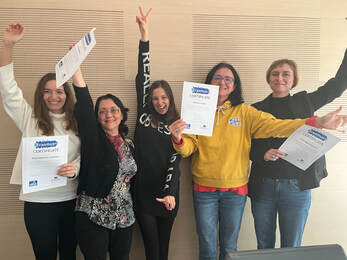 Their training week started with the participants sharing their expectation,contributions and fears, as well as sharing some of the games and ideas from their language, latin and chemistry teaching practices. In addition, some game-based ice breaking activities were incorporated in order for the participants to get to know each other and bond. We eased into the course material with iconic games and toys, understanding their change over time, and playing some traditional board games for better engagement in the learning process. During the first level we discussed the pedagogical value of playing and how games stimulate learning. We reflected and acknowledged that teachers are most of the time “digital immigrants” in an educational cosmos that is nowadays populated by digital natives. Through a challenge on the differences between gamification and game-based learning, our “players” could better clarify that gamification applies game elements into a non-game environment while game-based learning is a teaching approach whereby learning happens through playing the game itself. As the main outcome of the second level, participants defined the most common gamification framework as the process through which 8 major internal and external motivators influence human engagement. We then delved into exploring game-based tools and apps. We listed and actively explored several traditional games and we reframed them all together into more engaging learning tools. After all the challenges and battles, participants had an opportunity to browse through the online platforms proposed to create something for their own classes. In the penultimate level, participants lived the most active and engaging experience. We went outside to enjoy a scavenger hunt game in the city center and later we were locked in a digital escape room trying to solve riddles and puzzles to escape. Participants finally tried to find the best way to gamify their own classrooms taking into account their students’ needs and characteristics. Having overcome all the levels of our game, participants had the opportunity to learn new ways of making the most of the most traditional games to transform the learning process. They also got acquainted with modern online tools able to produce a significant improvement of students’ engagement and bring a spark in the classroom! Discover more about this course here. Keeping pace with the ever-evolving digital landscape can be a daunting task for educators striving to maintain an engaging and enthusiastic classroom environment, particularly in language instruction. Integrating technology into language learning not only empowers students to take an active role but also fosters communication and collaboration among peers. Utilizing technological tools serves various purposes, from introducing new topics to personalizing lessons, assessing progress, and challenging students to unleash their creativity through independent work. The "Teaching Languages in the Digital Era: Exploring the Best Apps, Web Platforms, and ICT Solutions for Language Learning" course took place in Bologna from 12/11/2023 to 18/11/2023. The training welcomed educators from diverse corners of Europe: Alexandra, Eniko and Andrea from Budapest IX. Kerületi Weöres Sándor Általános Iskola in Hungary, An and Wouter from WICO in Belgium, Stella from Dimotiko Scholeio Daliou 2 in Cyprus and our two lovely Magdalena from Poland. Throughout the course, attendees acquired proficiency in a variety of technological tools, learning to seamlessly integrate them into their teaching methodologies. These tools not only enhance engagement and motivation but also serve as effective means to monitor progress, be it in vocabulary acquisition, communication, or individual projects. Participating educators immersed themselves in hands-on activities, such as engaging in live quizzes to grasp the mechanics of creating interactive language quizzes through web applications. Utilizing tools like quiz flashcards proved invaluable for bolstering students' vocabulary and spelling skills. Among the revelations of the course were web platforms dedicated to crafting dynamic presentations. Participants seized the opportunity to create and present their work in an inspiring setting, equipping them to integrate these tools into their own classrooms. Furthermore, educators delved into tools facilitating lesson outlining, content recapitulation, grammar presentations, and student attention. Exploring platforms for crafting worksheets and explainer videos emerged as a practical addition to their digital toolkit. Specific platforms catering to language learning were also uncovered, allowing teachers to infuse voice notes, questions, and voiceovers into educational videos, transforming them into interactive lessons. While learning languages poses challenges, integrating the right tools and technology into the classroom undoubtedly amplifies motivation, attention, engagement, and learning outcomes. By transforming conventional lessons into immersive experiences, educators pave the way for a technologically enriched language learning journey. Thank you all for participating, see you next time! “Teaching languages in the digital era is a really nice course to follow when you are eager to pull your classes to a higher level. You get a lot of tools to create interactive lessons and you can differentiate more during classes when using these tools. It is a wonderful course in a nice environment with lovely people who are all very enthusiastic teachers. You also get enough time to practise/test the apps during sessions which makes it easier to get used to all the different ICT tools and already create content for your classes back at home.” -An, Belgium
Discover more about this course here.
Erasmus Learning Academy (ELA) is a training center dedicated to innovation and internationalization in education.
For over 10 years, we've dedicated ourselves to fostering revolution, modernization, and global engagement in the education sector. Our mission stays strong: to equip educators and educational staff with the tools and training necessary to succeed in an ever-evolving world. The quality of our instruction, interactive approach and unwavering support in project implementation have been highly valued by our participants. What distinguishes ELA is the extensive support provided to the participants throughout the entire learning expedition, emphasizing pre, during, and post-course assistance. This includes guiding them through Erasmus+ grant applications and ensuring compliance with standards. As partner, we've actively engaged in Erasmus+ programs through various initiatives, hosting and sending staff abroad and collaborating on innovation projects focused on enhancing participants' personal and professional development. This year, we have expanded our training offerings to better meet the needs of educators, in response to feedback received from our course participants. Looking ahead to the years 2024-2025, we aspire to further our growth and expand beyond Bologna, Tenerife, and Palermo. Your thoughts matter immensely in shaping ELA's future. What themes or subjects do you feel should be at the core of our upcoming courses? Moreover which countries or cities would you prefer us to organize our courses? We invite you to share your opinions and recommendations by completing the form below. Your input will play a pivotal role in our preparations for the upcoming catalog of courses, ensuring they align with your needs and aspirations! Join us. Together, let's create a brighter future for education! Nowadays, scholastic programs embrace a heterogeneous variety of people with diverse socio-cultural backgrounds. For teachers, it is an essential issue to help students adapt to a new cultural background and also to shape critical and open minds respecting and celebrating diversity rather than rejecting it.The new edition of the course “Intercultural learning and cultural diversity in the classroom” took place in Palermo from 12/11/2023 to 18/11/2023. The participants came from all across Europe, with Pernilla, Oliver and Tony from KLARA teoretiska gymnasium in Sweden; Nataliya and Larisa from Klaipedos "Santarves" progimnazija in Lithuania; Clara from EOI Santa María de Guía in Spain; and participants coming from two different German schools: Anja from Carl-Burger-Schule and David from St-Anna-Schule Wuppertal. |
The new edition of the course took place in Tenerife from 11/11/2023 to 17/11/2023 We had the pleasure to welcome a group composed by Ilze Rozenberga and Diāna Eglīte from Babite Secondary school in Latvia, Juhani Luotola from Omnia in Finland, and Mariann Pogácsás, Nóra Bardi and Veronika Kiss from Lilla Teri Altalános Iskola in Hungary. |
Throughout the week, the participants worked on improving five key skills: using English, listening, reading, writing, and speaking.
We started by introducing ourselves and talking about our jobs. We learned some basic words and focused a lot on an important verb: "to be." This verb helps us describe things, talk about age, feelings, nationalities, and more.
From the second day onward, each morning began with a review of the new knowledge gained through a recap activity. Learning a language involves effort and practice, so every theory session in the course was complemented with numerous exercises and activities.
We covered a lot of grammar, which is like the foundation of a language. We learned about prepositions, articles, and important verb tenses. But the course also related everything to everyday situations. We saw that the 5W help us add information to a sentence, organized daily tasks, and picked up vocabulary for routine activities, time, and schedules, including weekly planning.
We also talked about jobs, travelling.
We practice on how to form questions and negative and affirmative sentences, also practicing how to answer questions.
During the week we learned about the possessive determines and the definite and indefinite articles .
To help us learn better, we used games, quizzes, readings, and real-life simulations in our assessments and activities. The participants took on the speaking challenges with excitement and used every break to chat in English, sharing experiences about their schools and countries.
The week was really productive, they improved their English quickly, and we hope they keep up the positive attitude and the multicultural environment they created in just one week.
Discover more about this course here.
Welcome to the ELA Blog. Here you will find articles and photos of our courses and have a look at the topics addressed during the week in Bologna, Palermo and Tenerife. You will also have the chance to take a peek at our projects and check out what we have been up to.
Archives
July 2024
June 2024
May 2024
April 2024
March 2024
February 2024
January 2024
December 2023
November 2023
October 2023
September 2023
August 2023
July 2023
June 2023
May 2023
April 2023
March 2023
February 2023
January 2023
December 2022
November 2022
October 2022
September 2022
August 2022
July 2022
June 2022
May 2022
April 2022
March 2022
February 2022
December 2021
November 2021
October 2021
September 2021
August 2021
July 2021
June 2021
 English
English български
български Čeština
Čeština Español
Español Français
Français ελληνικά
ελληνικά Italiano
Italiano Polski
Polski Português
Português Română
Română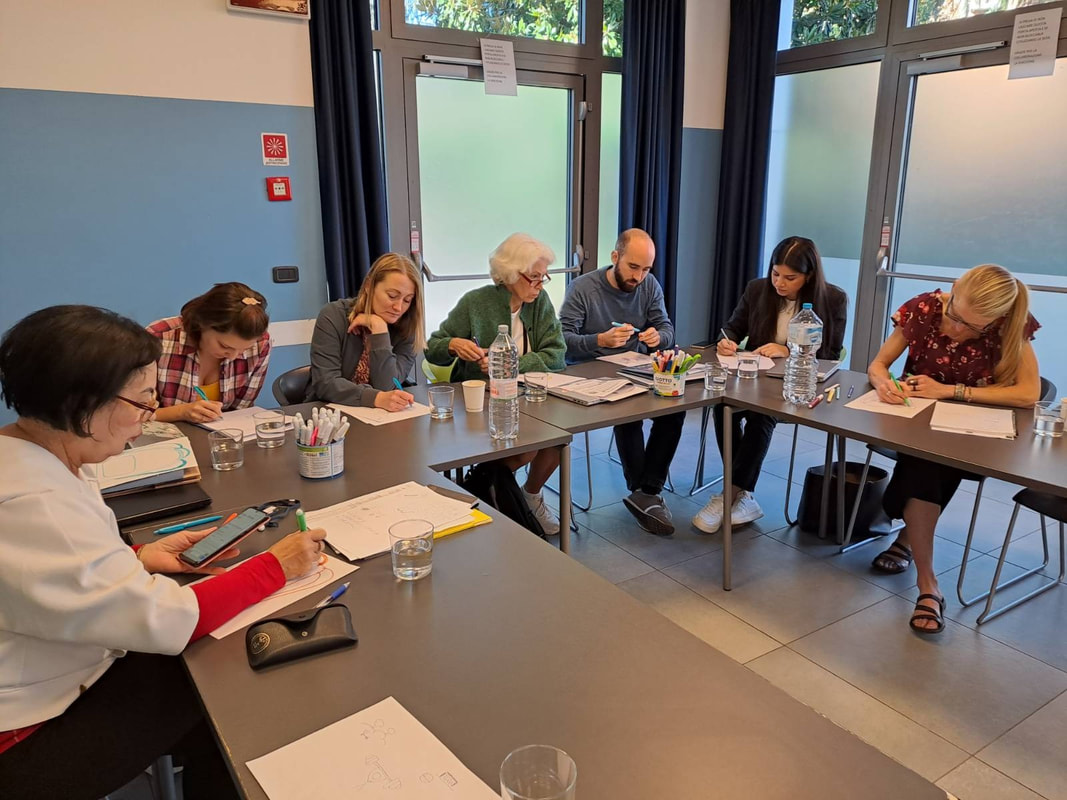
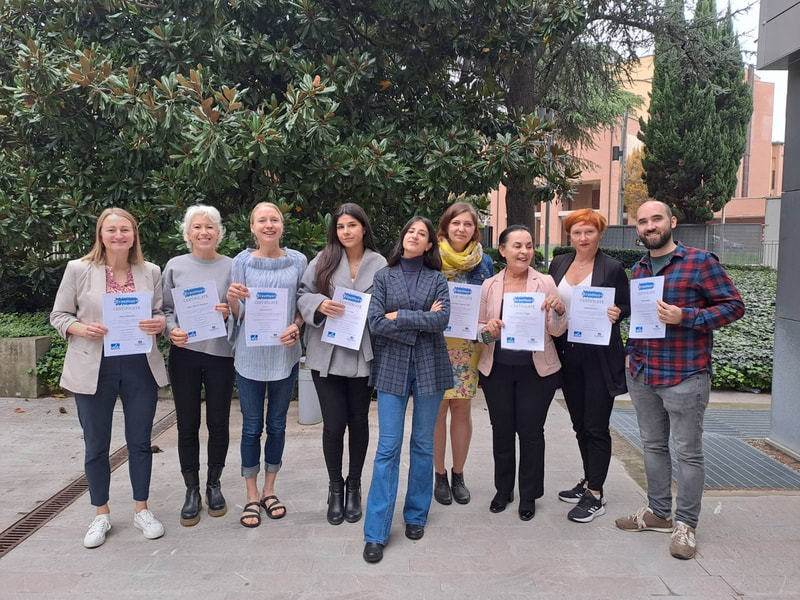
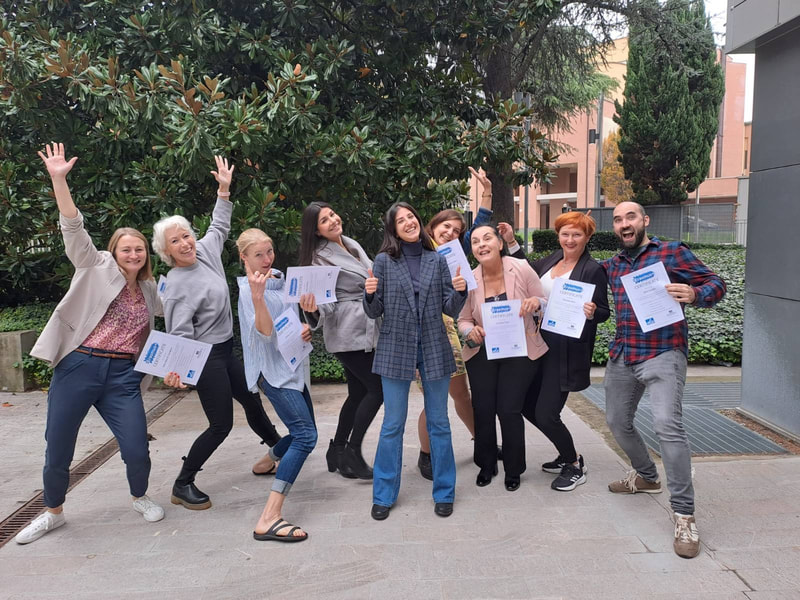
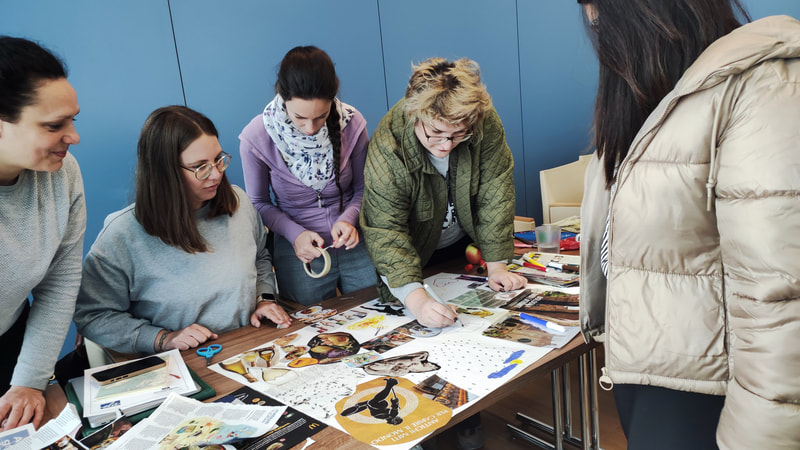
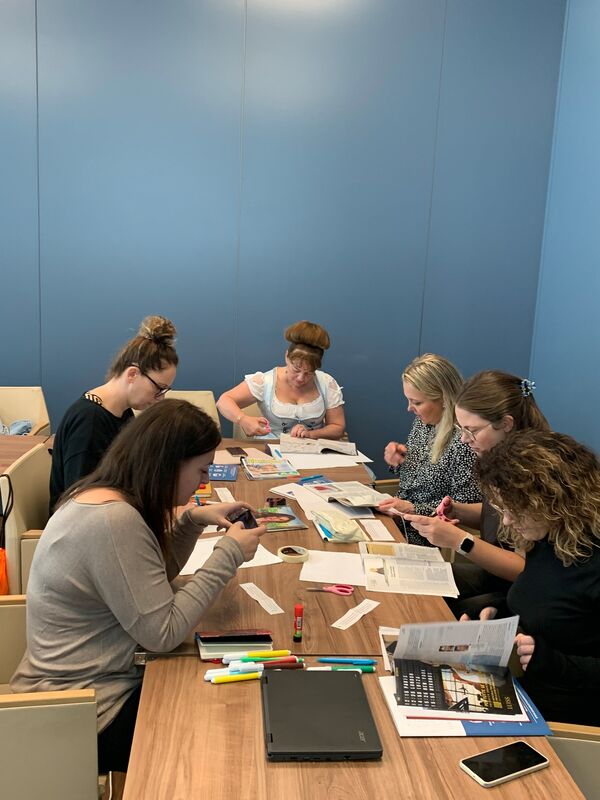
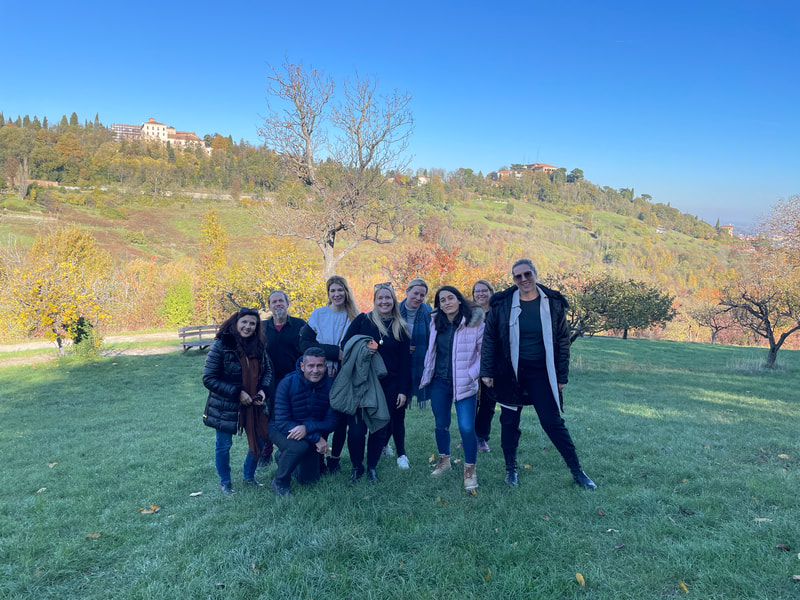
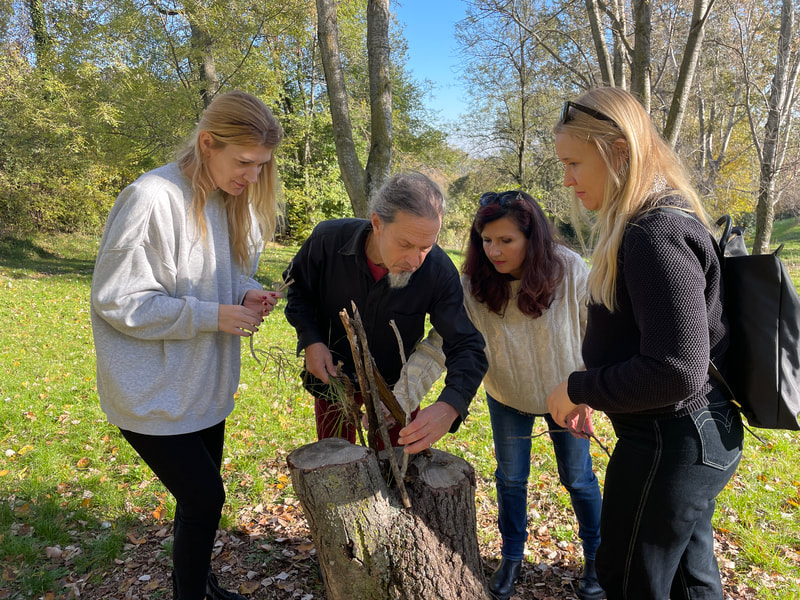
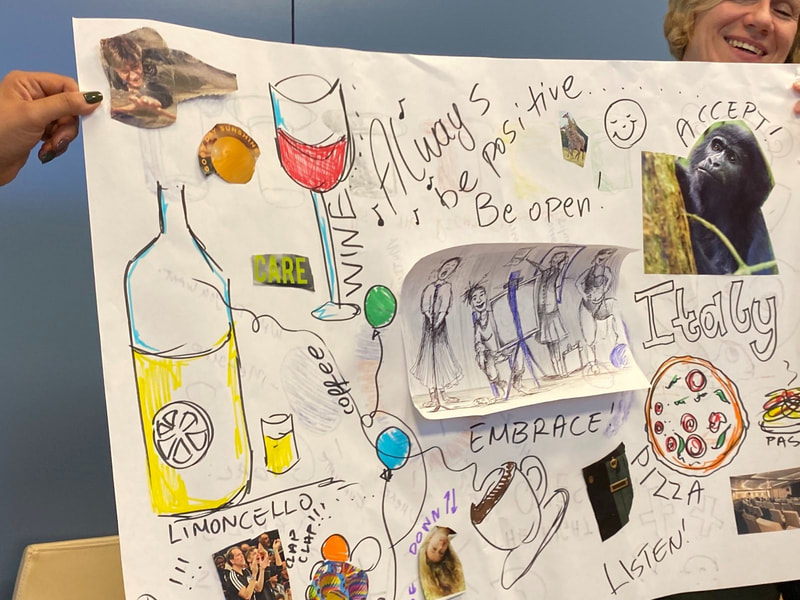
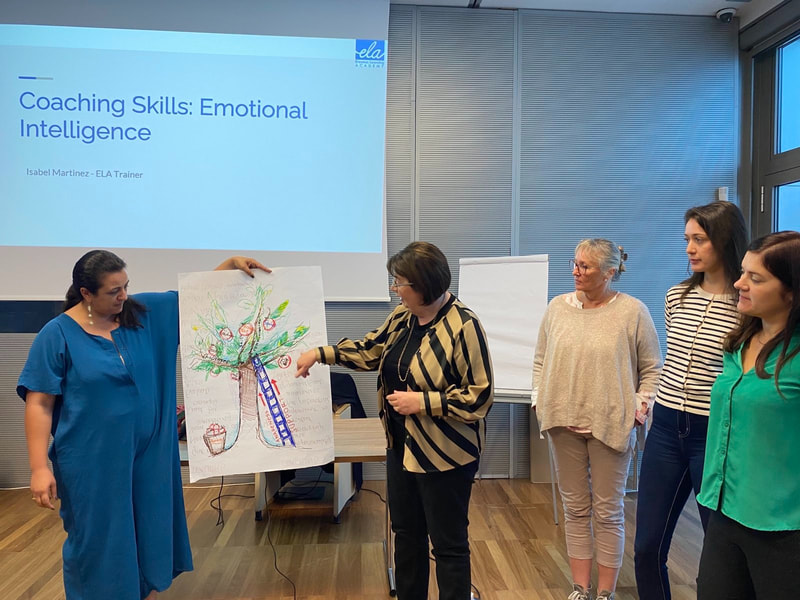
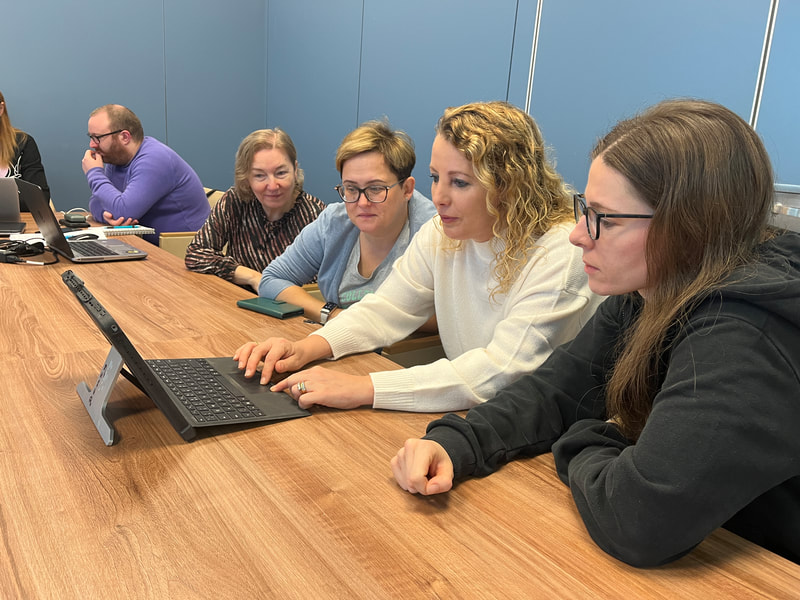
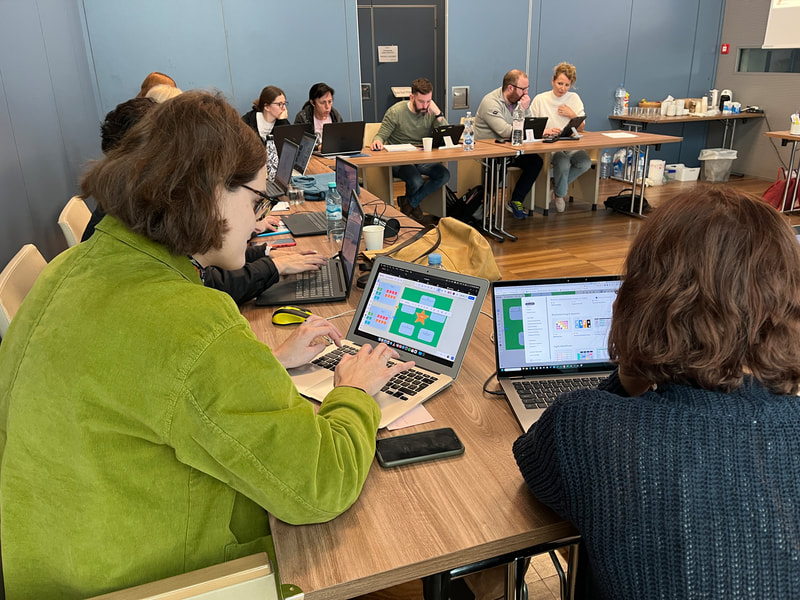
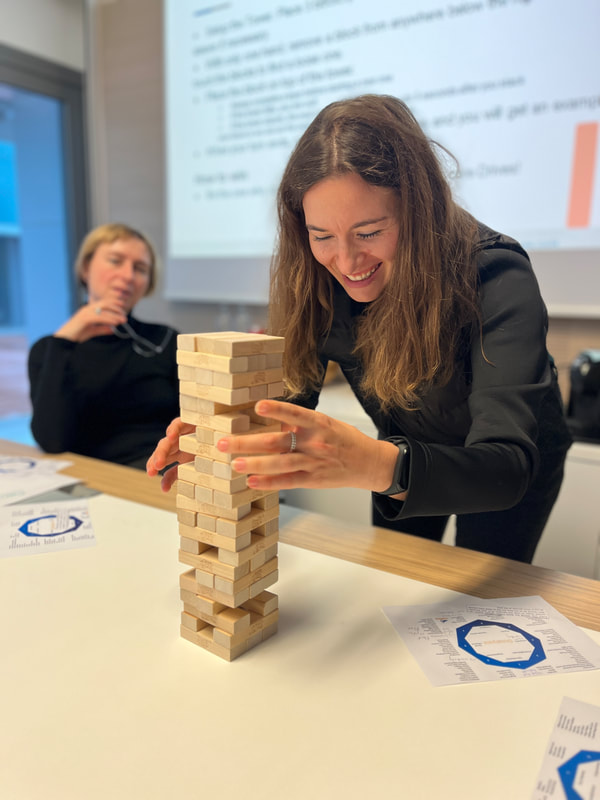
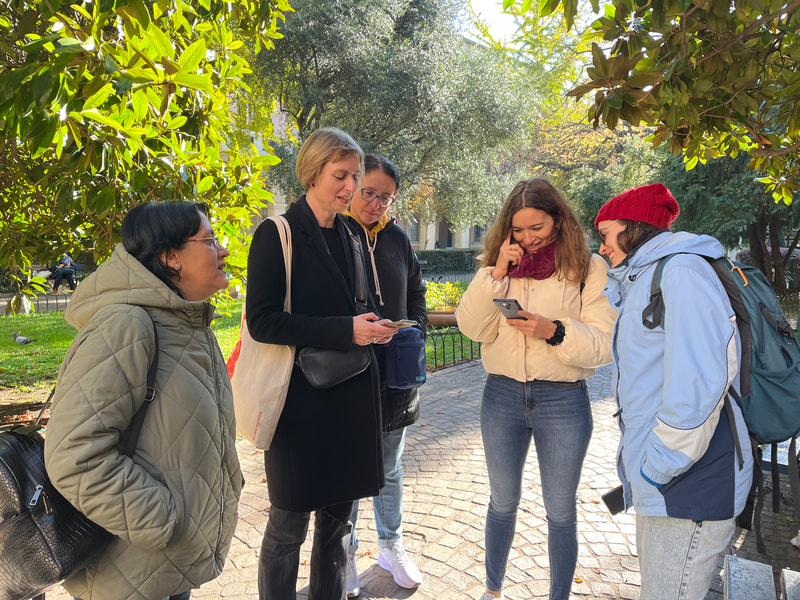
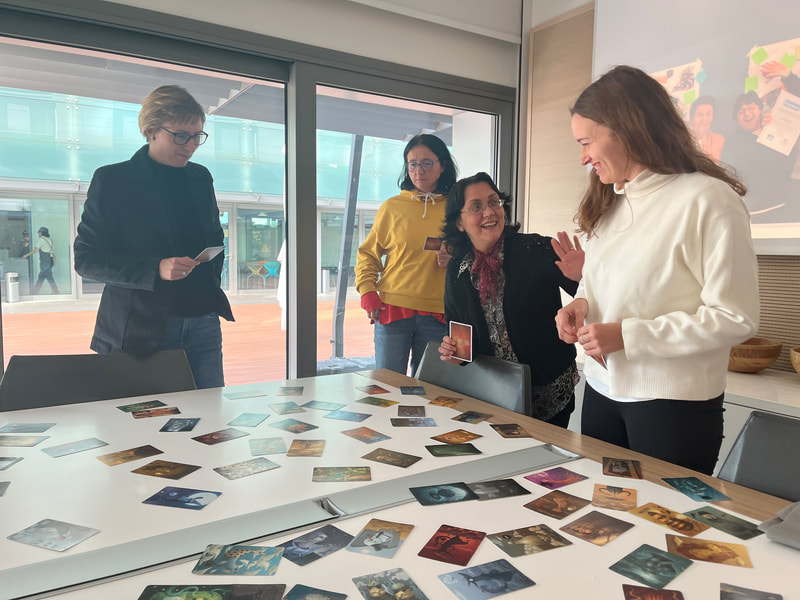
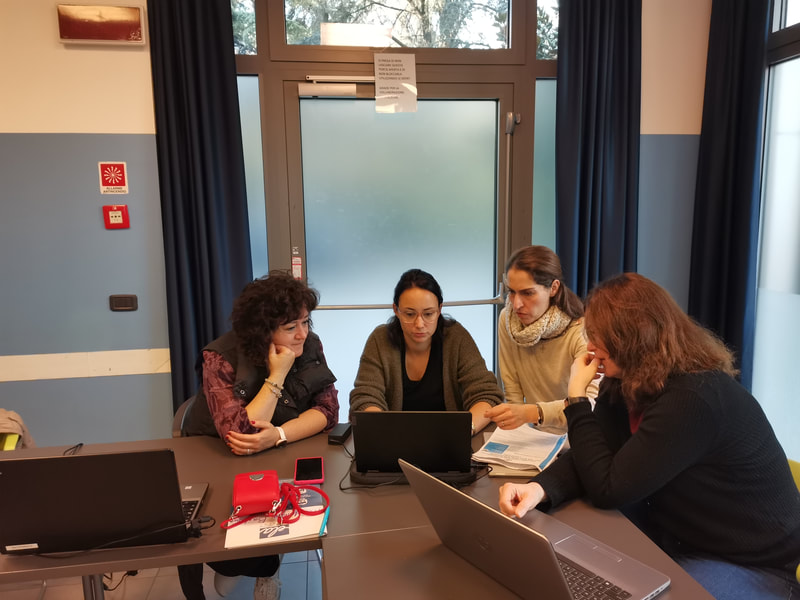
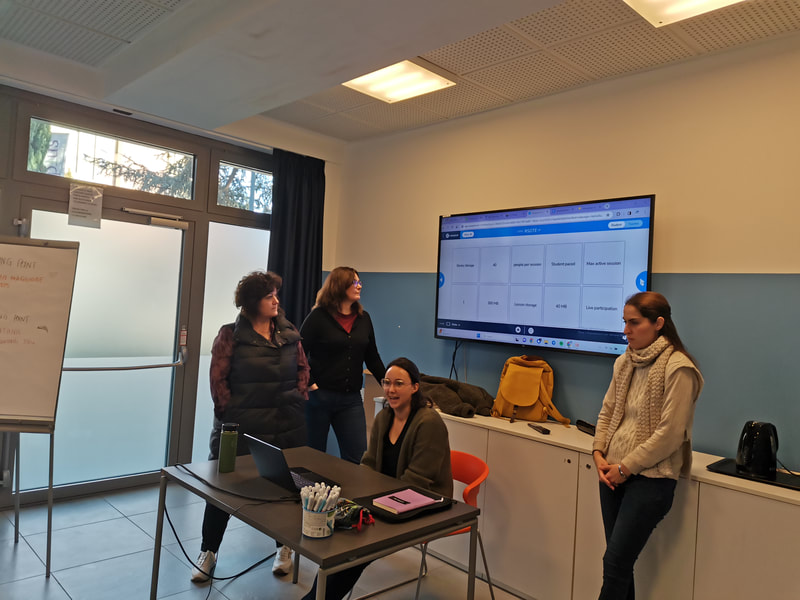
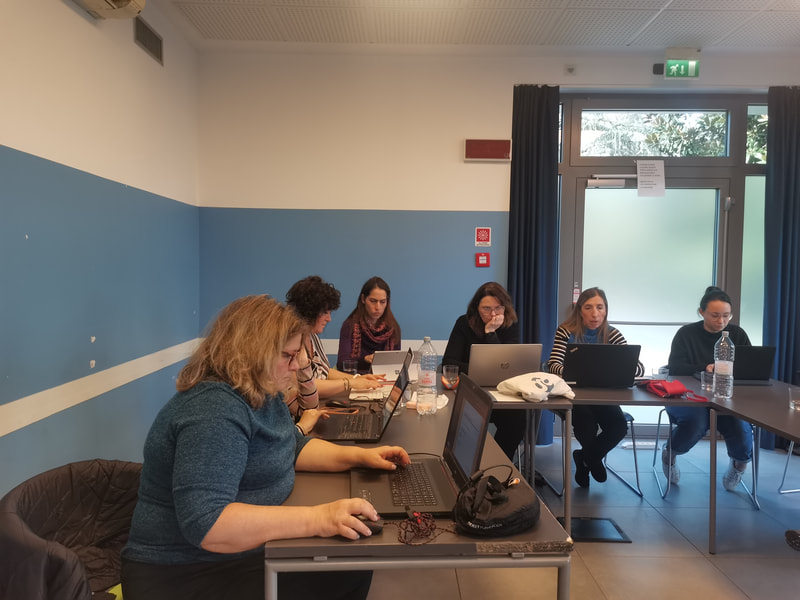
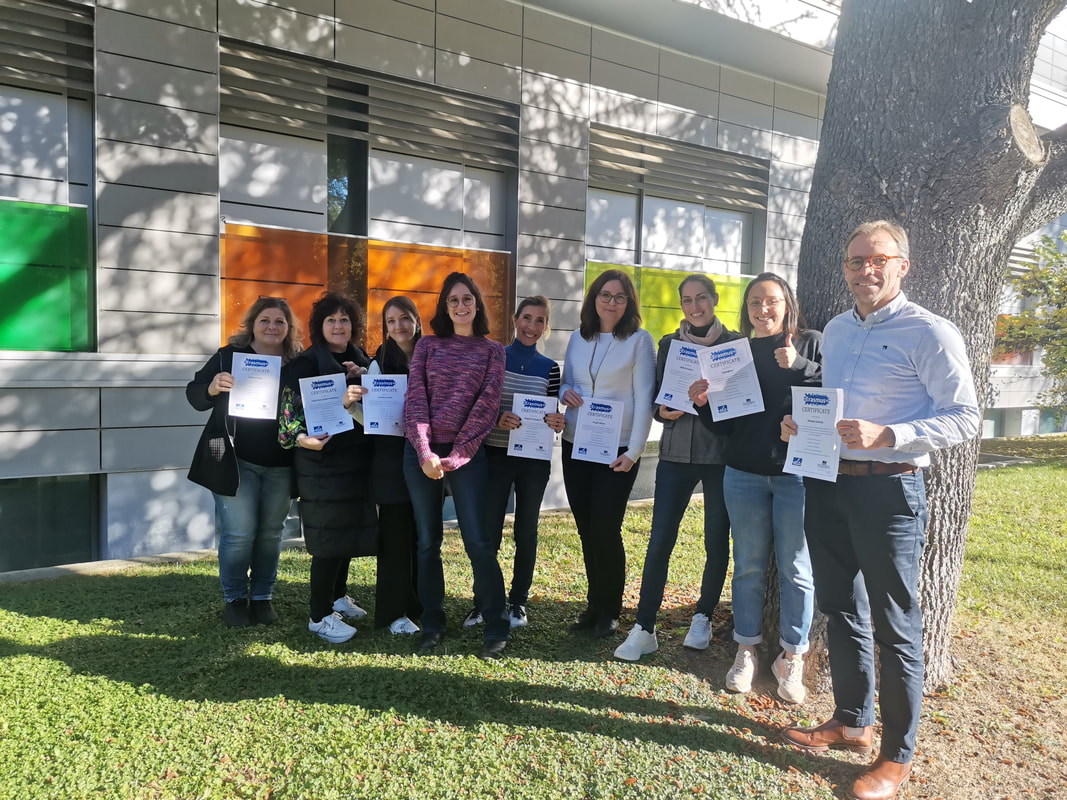
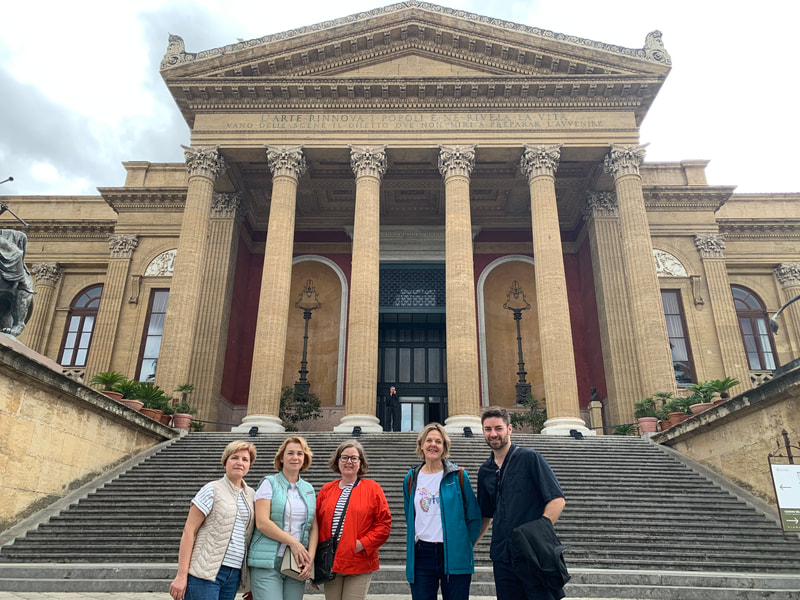
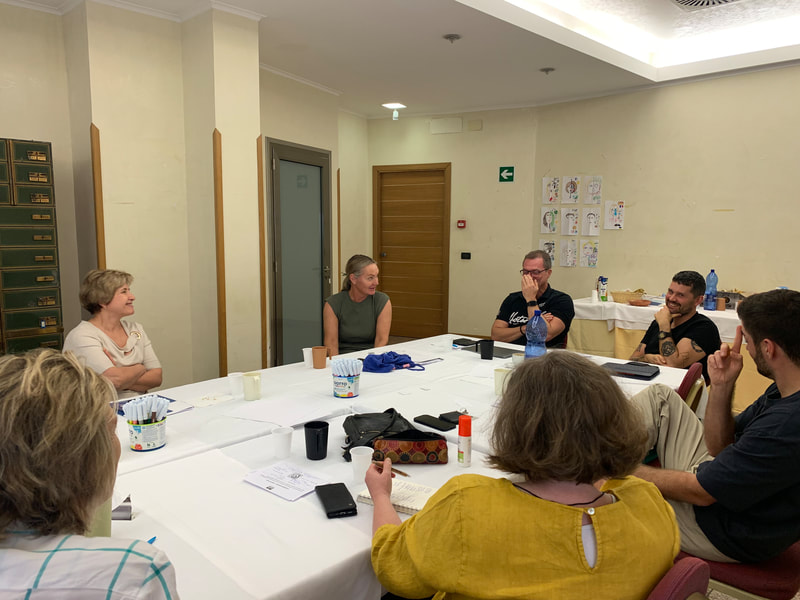
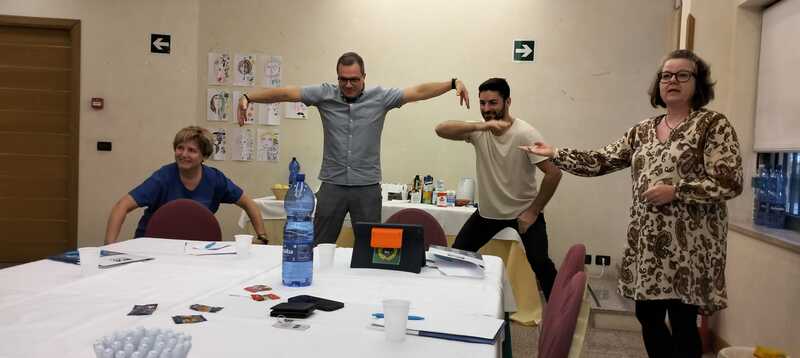
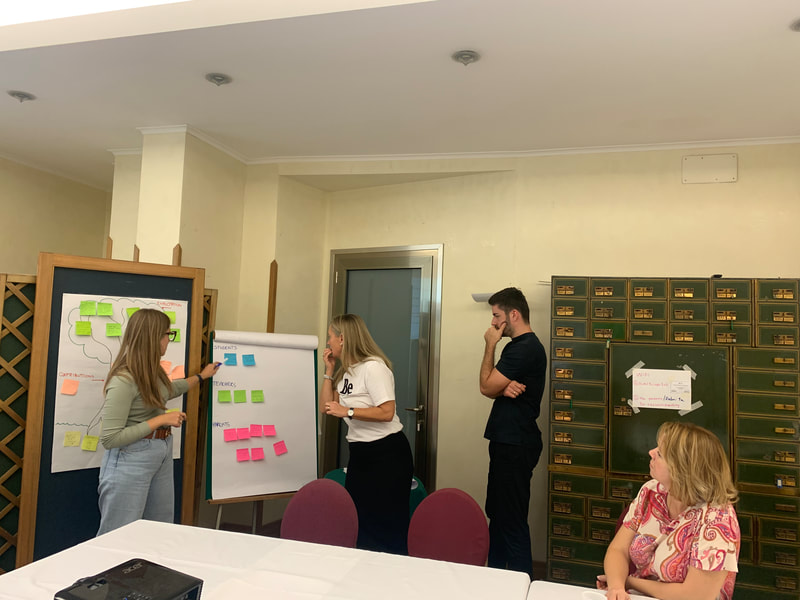
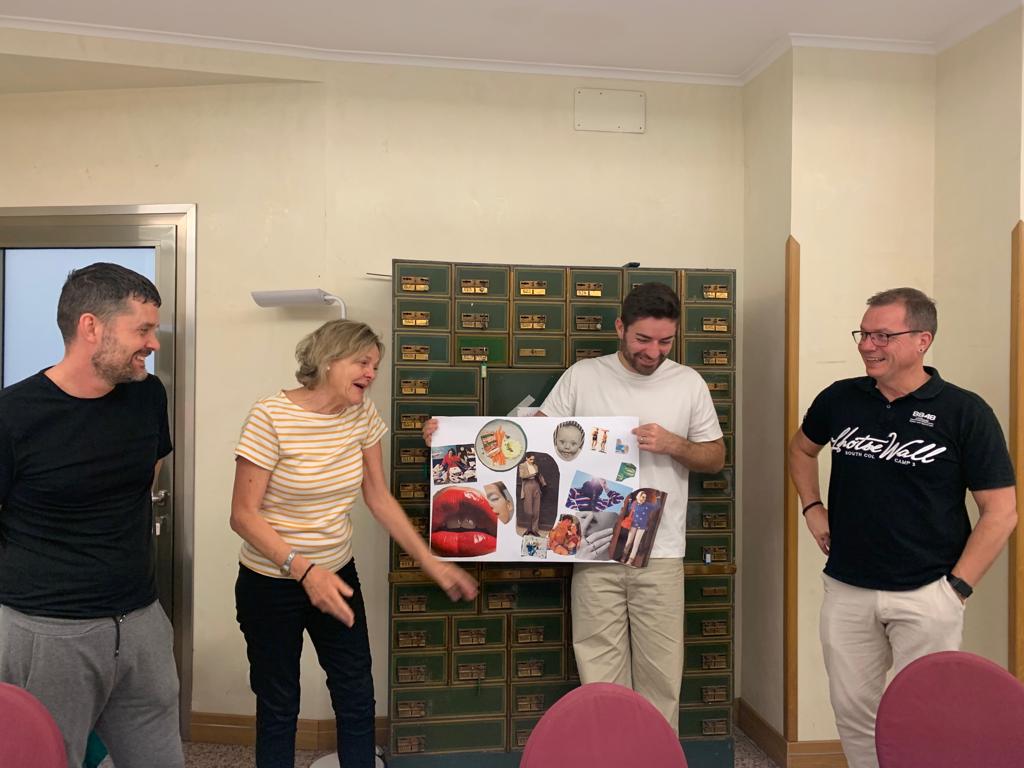
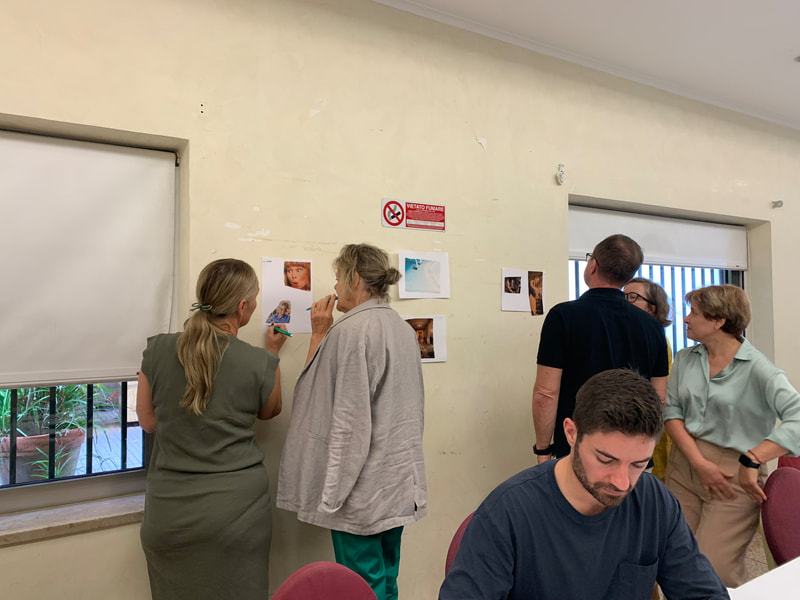
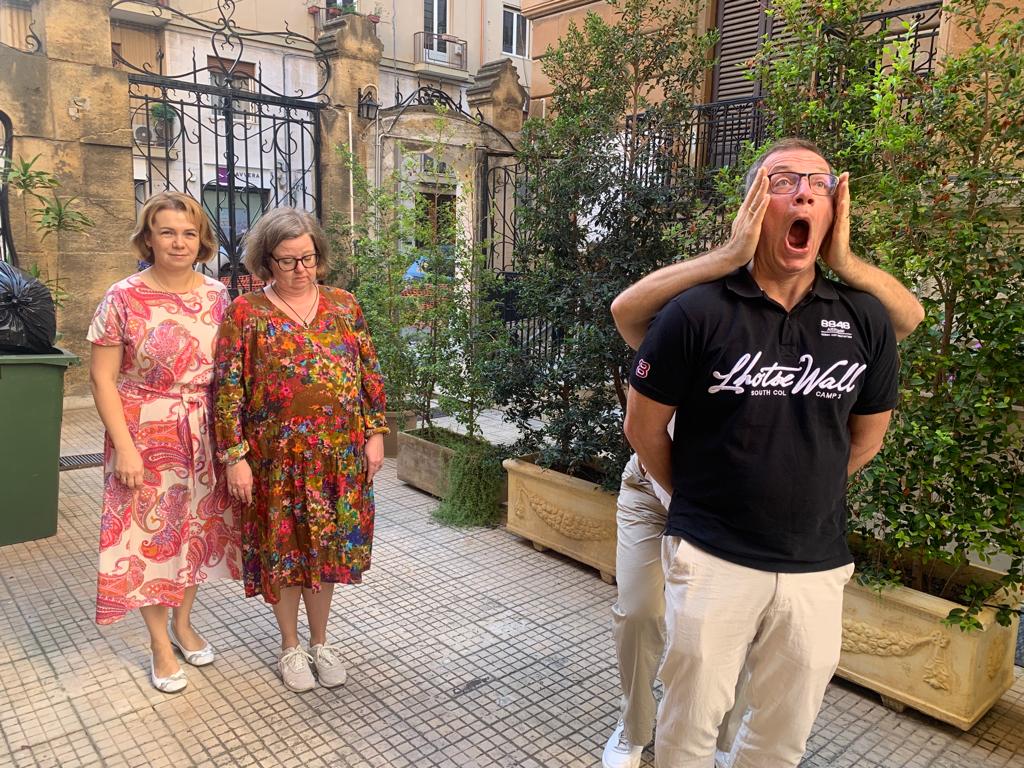
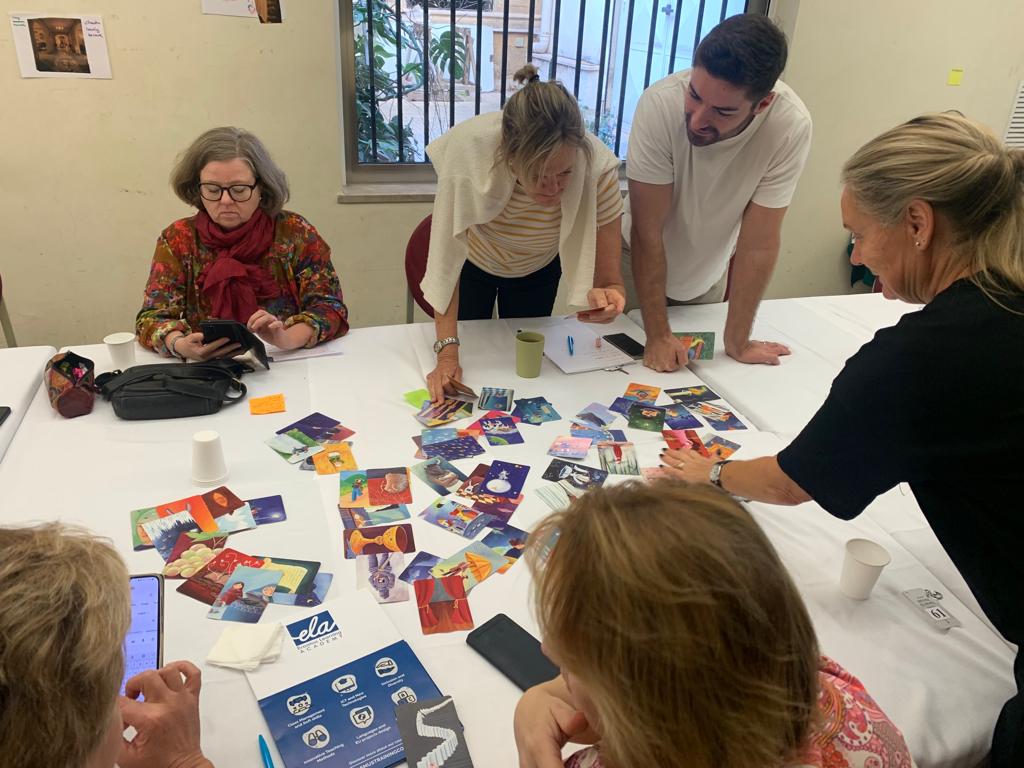
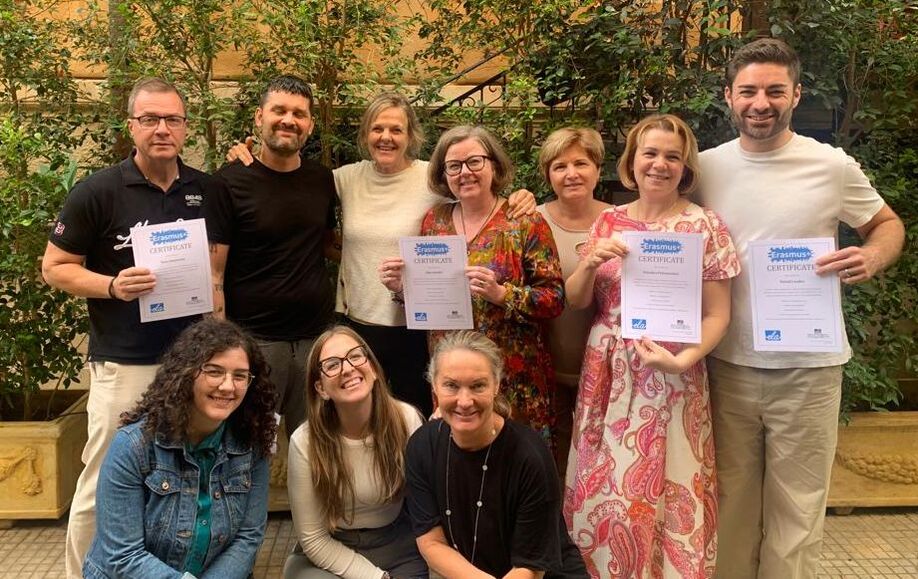
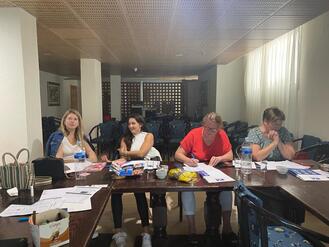
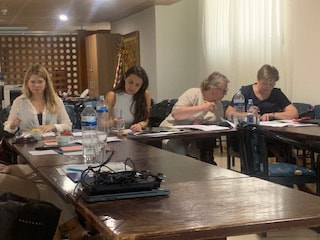
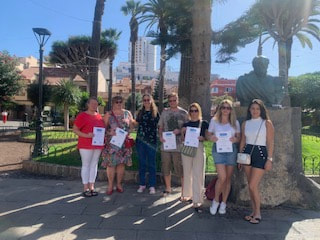
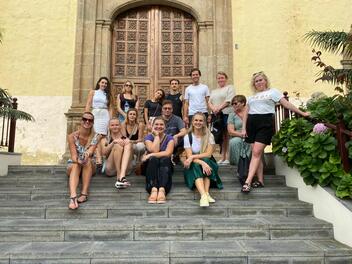
 RSS Feed
RSS Feed









